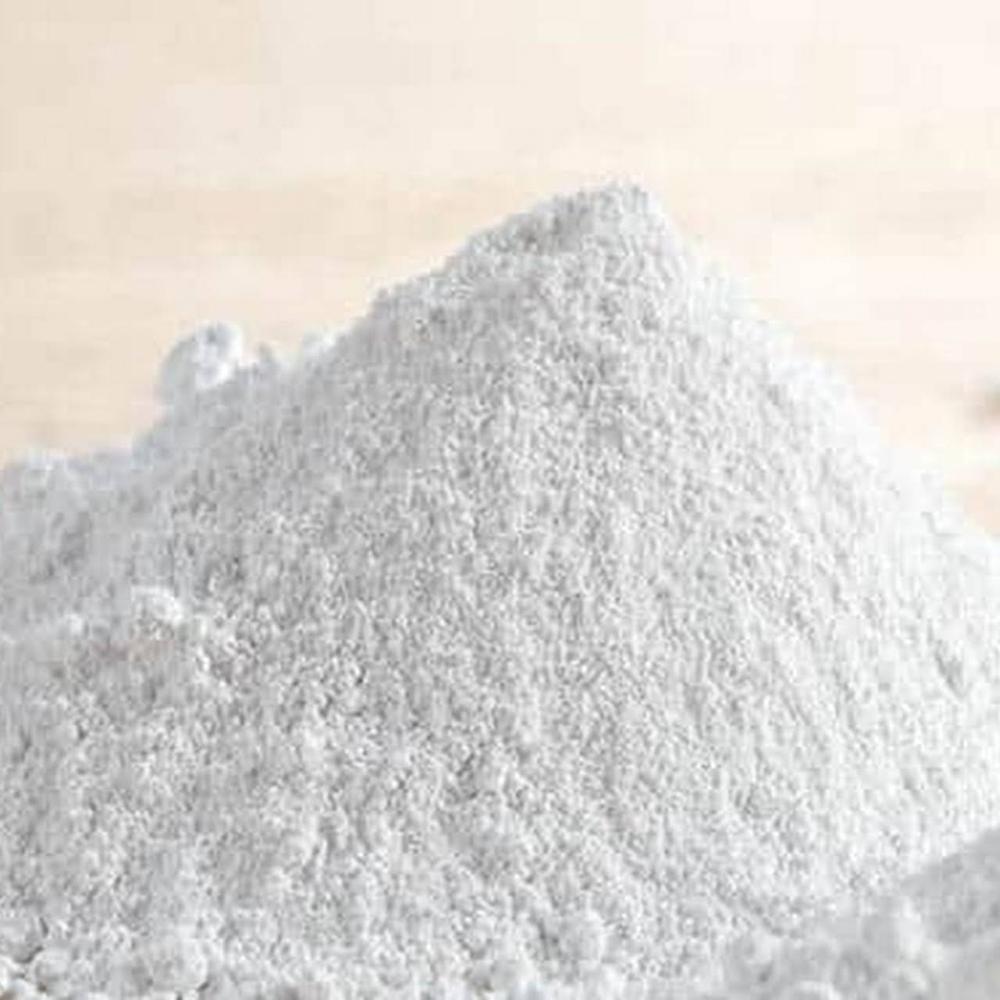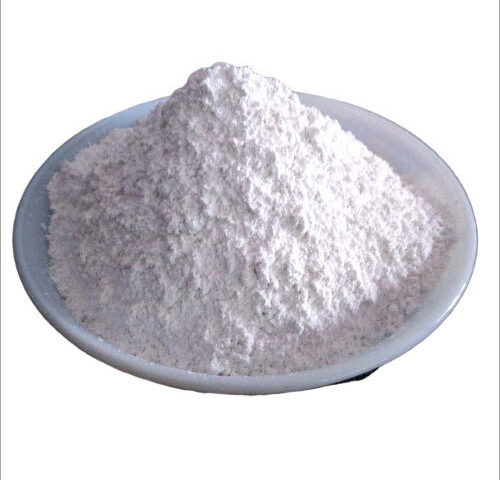Can Dolomite Powder change soil pH?

Can GCC be customized for specific applications?
September 18, 2023
Does talc powder help reduce friction during physical activities?
October 2, 2023
Introduction
Dolomite powder, derived from the mineral dolomite, has gained widespread recognition for its versatile applications in various industries, including agriculture. One of its most notable attributes is its ability to influence soil pH, a critical factor in determining the health and productivity of plants. In this blog post, being trusted Dolomite Powder Manufacturers in India we would like you to know the fascinating world of dolomite powder and its role in altering soil pH levels, exploring its benefits, considerations, and practical applications.
Understanding Soil pH: The Foundation of Plant Growth
Before delving into the effects of dolomite powder, it's essential to grasp the concept of soil pH. Soil pH measures the acidity or alkalinity of the soil and ranges from 0 to 14, with 7 being neutral. pH values below 7 indicate acidic soils, while values above 7 indicate alkaline soils. The pH level significantly impacts nutrient availability, microbial activity, and overall plant health.
The Alkaline Influence of Dolomite Powder: How It Works
Dolomite powder contains a unique blend of calcium carbonate and magnesium carbonate. When applied to soil, it gradually releases calcium and magnesium ions while also raising the pH level. This is especially beneficial in soils with overly acidic conditions. The alkaline nature of this mineral acts as a natural buffer, helping to neutralize excessive acidity and create a more balanced pH environment.
Benefits of Dolomite Powder in Adjusting Soil pH
Improved Nutrient Availability: Acidic soils tend to lock up essential nutrients like phosphorus, potassium, and micronutrients, making them less available to plants. Its pH-adjusting properties enhance nutrient accessibility, fostering robust plant growth.
Optimal Microbial Activity: Many soil microbes thrive in neutral to slightly alkaline pH ranges. By elevating soil pH with dolomite powder, you create an environment that supports beneficial microbial activity, contributing to soil health and nutrient cycling.
Reduced Toxicity: In highly acidic soils, certain elements like aluminum and manganese can become more soluble and potentially toxic to plants. Its pH elevation can mitigate these toxic effects, preventing damage to plant roots.
Factors to Consider When Using Dolomite Powder
Soil Testing: Before applying it, conducting a soil test is crucial. This helps determine the existing pH level, nutrient status, and any potential deficiencies, enabling you to make informed decisions about dolomite application rates.
Calcium-Magnesium Balance: While it supplies both calcium and magnesium, excessive use can lead to an imbalance in these nutrients. Ensure you consider the nutritional needs of your specific plants and soil composition.
Application Rates: Its application rates vary depending on soil type, current pH level, and desired pH adjustment. Following manufacturer guidelines and consulting with agricultural experts can help determine the appropriate dosage.
Practical Application in Agriculture
Dolomite powder finds extensive use in agriculture for pH adjustment and overall soil improvement. Its applications include:
Liming: It is commonly used for liming acidic soils, enhancing pH levels and boosting nutrient availability.
Crop Specificity: Different plants have varying pH preferences. Research the pH requirements of the crops you're cultivating and adjust dolomite application accordingly.
Amending Composts: Adding it to compost can help control pH during the decomposition process, resulting in nutrient-rich compost for plant use.
Conclusion
Dolomite powder's ability to modify soil pH is a valuable tool for enhancing agricultural productivity and promoting plant health. By understanding its mechanisms and benefits, you can make informed decisions regarding its application in your gardening or farming endeavors. Remember to strike a balance between pH adjustment, nutrient availability, and plant-specific needs to harness the full potential of dolomite powder as a pH-modifying agent. With proper knowledge and careful implementation, it can become a cornerstone in your soil management strategy, fostering vibrant and thriving plant ecosystems. For all your dolomite powder needs, trust Mewar Microns to provide top-quality products backed by years of expertise in the industry.

